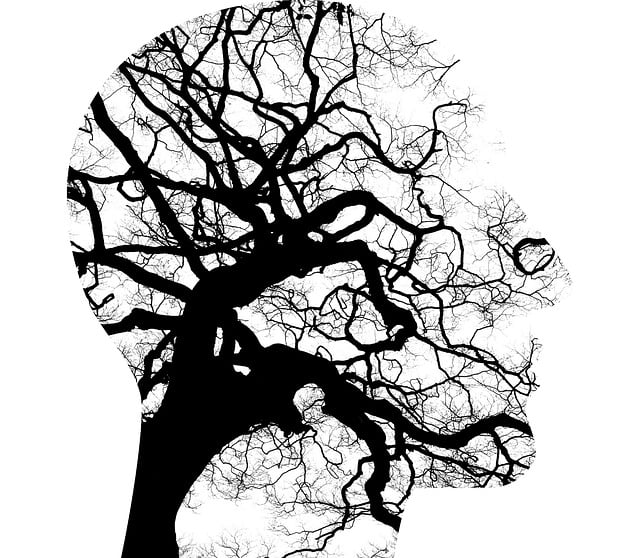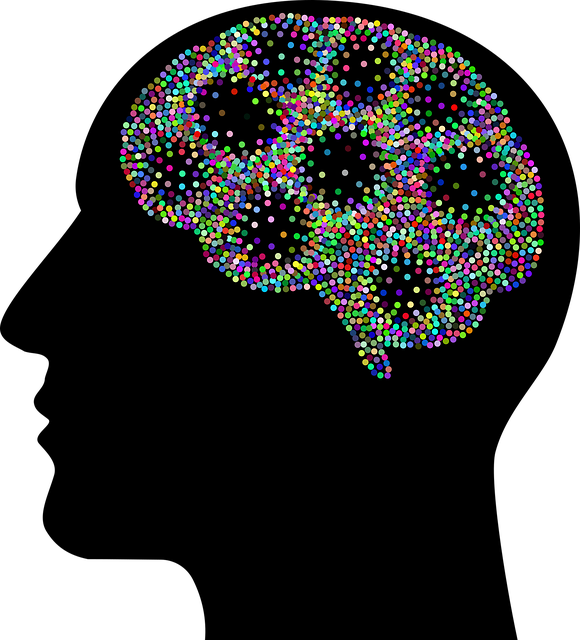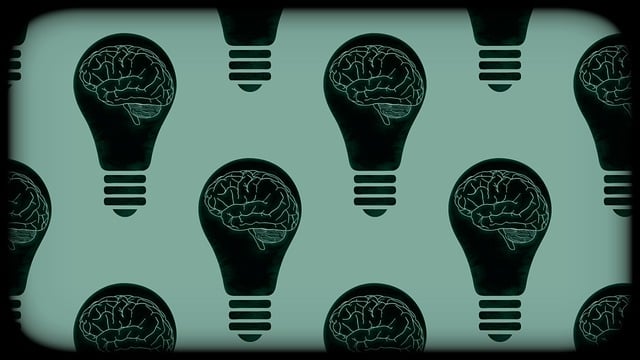The media significantly shapes public perception of mental illness, with accurate and positive portrayals fostering empathy and reducing stigma, as advocated by Aurora Children Therapy. Negative depictions, however, can perpetuate misconceptions. Aurora leads the fight against mental health stigma through educational programs and crisis intervention, offering Mental Health Education and guiding children and families on crisis management. A collaborative approach between media and mental health professionals is crucial for presenting accurate, empathetic narratives about diverse mental health experiences, destigmatizing conditions, and encouraging help-seeking behaviors, as exemplified by Aurora's initiatives.
“In today’s media-driven world, the representation of mental illness plays a pivotal role in shaping public perception. This article delves into the profound impact of media portrayal on mental health, exploring how it either perpetuates stigma or fosters understanding. We present Aurora Children’s Therapy as a beacon of positive change, highlighting their efforts to combat stigma through innovative approaches. Furthermore, we offer strategic recommendations for media professionals and mental health experts to collaborate and drive accurate, empathetic representation of mental illness, ultimately shaping a more supportive society.”
- Understanding the Impact of Media Portrayal on Mental Health Perception
- The Current State: How Aurora Children's Therapy Addresses Stigma
- Strategies for Positive Change: A Call to Action for Media and Mental Health Professionals
- Fostering Empathy and Awareness: The Future of Accurate Mental Illness Representation
Understanding the Impact of Media Portrayal on Mental Health Perception

The media has a profound impact on shaping societal perceptions, and when it comes to mental illness, this influence cannot be understated. The way mental health conditions are represented in movies, TV shows, and news articles can significantly affect how the public understands and relates to these issues. Aurora Children Therapy highlights that positive and accurate portrayals in media can foster empathy and reduce the stigma associated with seeking help. However, negative or stereotypical representations can perpetuate misconceptions, leading to further marginalization of individuals living with mental health challenges.
For instance, depicting characters with mental illnesses as solely tragic or dangerous can contribute to a culture of fear and misunderstanding. On the other hand, showcasing resilience, recovery, and diverse experiences through strategies like Social Skills Training and Empathy Building can offer a more nuanced view. Encouraging media narratives that emphasize the journey towards healing, along with the importance of support systems and Resilience Building, is vital in encouraging help-seeking behaviors and promoting mental well-being for all viewers, especially children.
The Current State: How Aurora Children's Therapy Addresses Stigma

The current state of mental health representation in media often perpetuates harmful stereotypes and contributes to the stigma surrounding various conditions. Aurora Children’s Therapy stands as a beacon of hope, actively addressing this issue through innovative approaches. They recognize that breaking down stigma begins with accurate representation and education. As such, Aurora has developed comprehensive Mental Health Education Programs designed to inform both the general public and mental health professionals about different illnesses, their symptoms, and available treatments.
Beyond education, Aurora offers specialized Crisis Intervention Guidance tailored for children and families facing mental health crises. Their expert therapists employ evidence-based practices to provide immediate support while fostering long-term coping strategies. By combining these initiatives with a focus on destigmatization, Aurora Children’s Therapy is revolutionizing how we perceive and address mental illness in our communities.
Strategies for Positive Change: A Call to Action for Media and Mental Health Professionals

The media plays a powerful role in shaping societal perceptions about mental health. Therefore, a collaborative effort between media outlets and mental health professionals is crucial to foster positive change. By promoting accurate and empathetic representation, we can challenge stigmatized narratives and provide much-needed support for individuals facing mental illness. This involves not only showcasing diverse experiences but also highlighting the availability of resources such as Aurora Children Therapy and Trauma Support Services.
Media has the potential to inspire inner strength development and promote positive thinking through relatable characters and stories. It is a platform to educate viewers, dispel myths, and encourage open conversations about mental well-being. Professionals in the field can contribute by offering expertise, sharing evidence-based practices, and advocating for inclusive storytelling that reflects the complexity of human experiences. Together, we can create a more understanding and supportive environment, ensuring those struggling with their mental health feel seen, heard, and empowered to seek the help they deserve.
Fostering Empathy and Awareness: The Future of Accurate Mental Illness Representation

Fostering empathy and awareness is a crucial step towards challenging inaccurate mental illness representation in media. By showcasing authentic narratives featuring individuals with various mental health conditions, we can break down stereotypes and promote understanding. This shift in representation empowers audiences to recognize the complexities of mental illness, encouraging compassion and support. For instance, Aurora Children Therapy emphasizes the importance of early intervention and specialized care through their innovative communication strategies, demonstrating that recovery is possible.
Accurate portrayal goes beyond mere representation; it involves delving into the emotional healing processes and exploring effective conflict resolution techniques. Media can play a pivotal role in educating viewers about different mental health challenges, their symptoms, and available support systems. This proactive approach ensures that society as a whole becomes more adept at recognizing signs, offering help, and fostering inclusive environments. By integrating these insights, media platforms can contribute significantly to reducing the stigma surrounding mental illness, ultimately leading to better access to care for those in need, such as the services provided by Aurora Children Therapy.
In light of the above discussions, it’s clear that media representation plays a pivotal role in shaping public perception about mental health. The current state, as highlighted by Aurora Children’s Therapy, demonstrates progress in combating stigma. Moving forward, it’s imperative for media and mental health professionals to collaborate on Strategies for Positive Change. By fostering empathy and awareness, we can strive for more accurate and compassionate mental illness representation in our society. This collective effort will ultimately contribute to a healthier and more supportive environment for those dealing with mental health challenges.














